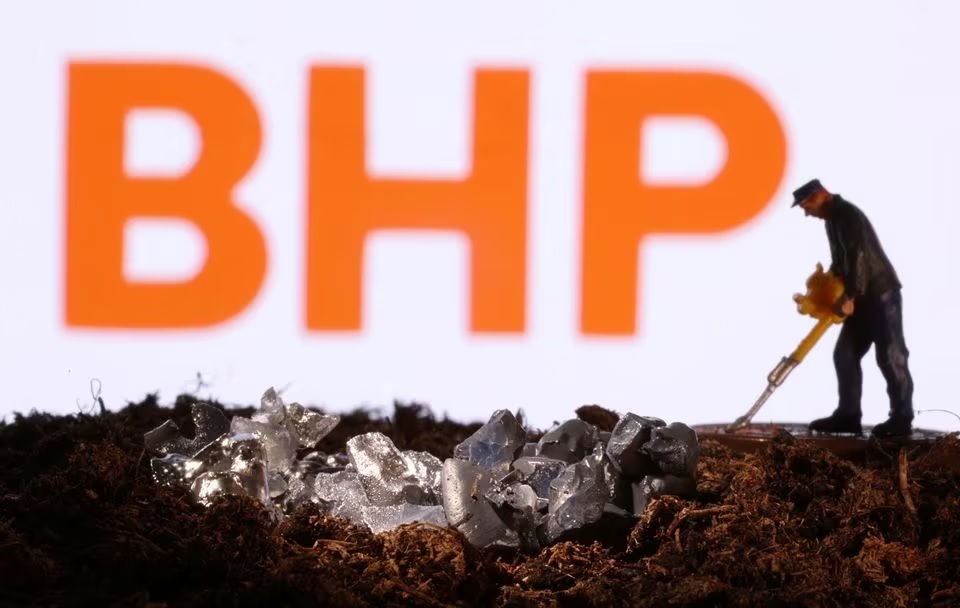MELBOURNE, Nov (Reuters) – Around 400 train drivers for BHP’s (BHP.AX) Western Australian iron ore division will begin industrial action late this week after rejecting an offer that they said fell short on working schedules, a union representative told Reuters on Monday.
Drivers will from Friday stop using a BHP app for roster changes, meaning each worker must be contacted individually if the world’s biggest miner wishes to change their working hours, Mining and Energy Union WA secretary Greg Busson told Reuters.
Drivers for BHP’s highest earning division were trying to show some restraint by voting for action on the lower end of the scale to start, rather than disrupting operations with stoppages, Busson added.
BHP’s iron ore operations include four processing hubs and five mines that are linked by more than 1,000 km (621 miles) of rail and port facilities. The division accounted for $16.6 billion, or 60% of BHP’s earnings before taxes last year.
BHP said that the proposed action would present logistical challenges but that it had put in place arrangements to mitigate the impact.
“We have put forward a good and comprehensive offer that includes increased base salaries and allowances and recognises the important contribution that the rail team makes to our iron ore business in WA,” it said.
Worries about a strike had lent support to iron ore prices, which are trading at the highest levels since February.
“Concerns over disruptions on the supply side due to the looming strike at BHP in Australia contributed to higher iron ore prices today,” said Pei Hao, a Shanghai-based analyst at international brokerage FIS.
Drivers received an offer from BHP last Wednesday that did not meet their expectations around rostering, arbitration and camp standards, Busson added. Most of Rio Tinto’s trains are now driverless, so rosters are less of an issue.
BHP had asked its train drivers in 2021 to move to a two week on, one week off schedule as iron ore miners strived to ship out as much material as they could while prices were high and amid a squeeze on labour.
Reporting by Melanie Burton and Amy Lv in Beijing; Editing by Gerry Doyle











